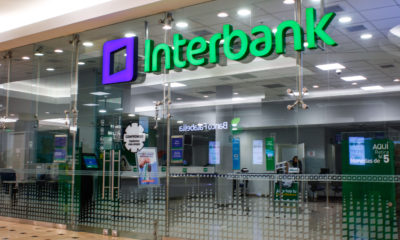Moody’s, a global credit rating company, has placed Guaranty Trust Bank Limited, FCMB Limited, Fidelity Bank and other six Nigerian banks on review for possible downgrade of their long-term deposit ratings as well as the long-term issuer and senior unsecured debt ratings.
The credit rating company made the announcement in its latest rating action, “Moody’s places the long-term ratings of nine Nigerian banks on review for downgrade”, obtained by Investors King.
The other six banks placed on review for downgrade were “Access Bank Plc, Zenith Bank Plc, First Bank of Nigeria Limited, United Bank for Africa Plc, Union Bank of Nigeria plc, and Sterling Bank Plc.”
According to Moody’s, the decision was in line with the change in Nigeria’s economic reality due to persistent foreign exchange scarcity. This, Moody’s explained could affect these banks’ ability to meet foreign currency obligations and also could lead to material depreciation in Nigeria’s foreign exchange rate to the banks’ capitalisation and asset quality.
Other factors like the drop in domestic oil production, weak capital inflows caused by rising interest rates in developed economies, the rising cost of importing refined petroleum products and the stronger U.S. Dollar were highlighted as the factors weighing on dollar liquidity in Nigeria, even though oil prices have remained consistent since the Russia-Ukraine war.
Also, the forex differential between official and parallel market exchange rates was mentioned as a concern.
“Nigeria’s foreign exchange reserves have declined to $38 billion as of September 2022 from $40 billion as of January 2022 despite higher oil prices, and we understand that the central bank, which is the main provider of foreign exchange in the country, has consequently scaled down and become increasingly selective with its foreign currency allocations,” Moody’s stated in its report.
Explaining how the nine banks would be reviewed, Moody’s said it will focus on assessing the banks’ operational ability to meet their foreign currency obligations. This will include reviewing expected evolution in foreign exchange reserves, as well as the various tools at the banks’ disposal to conduct foreign currency payments amid reduced availability of US dollars.
Also, the firm will assess the resilience of the banks’ foreign currency liquidity positions and risk management frameworks amid ongoing foreign currency rationing in Nigeria and tightening funding conditions globally.
Finally, the resilience of the banks’ balance sheets to a potential material depreciation in the country’s foreign exchange rate would be evaluated. In particular, the rating agency review will assess the extent to which the banks’ capitalisation buffers and foreign currency positions mitigate the risk from a potential material weakening in the local currency.

















